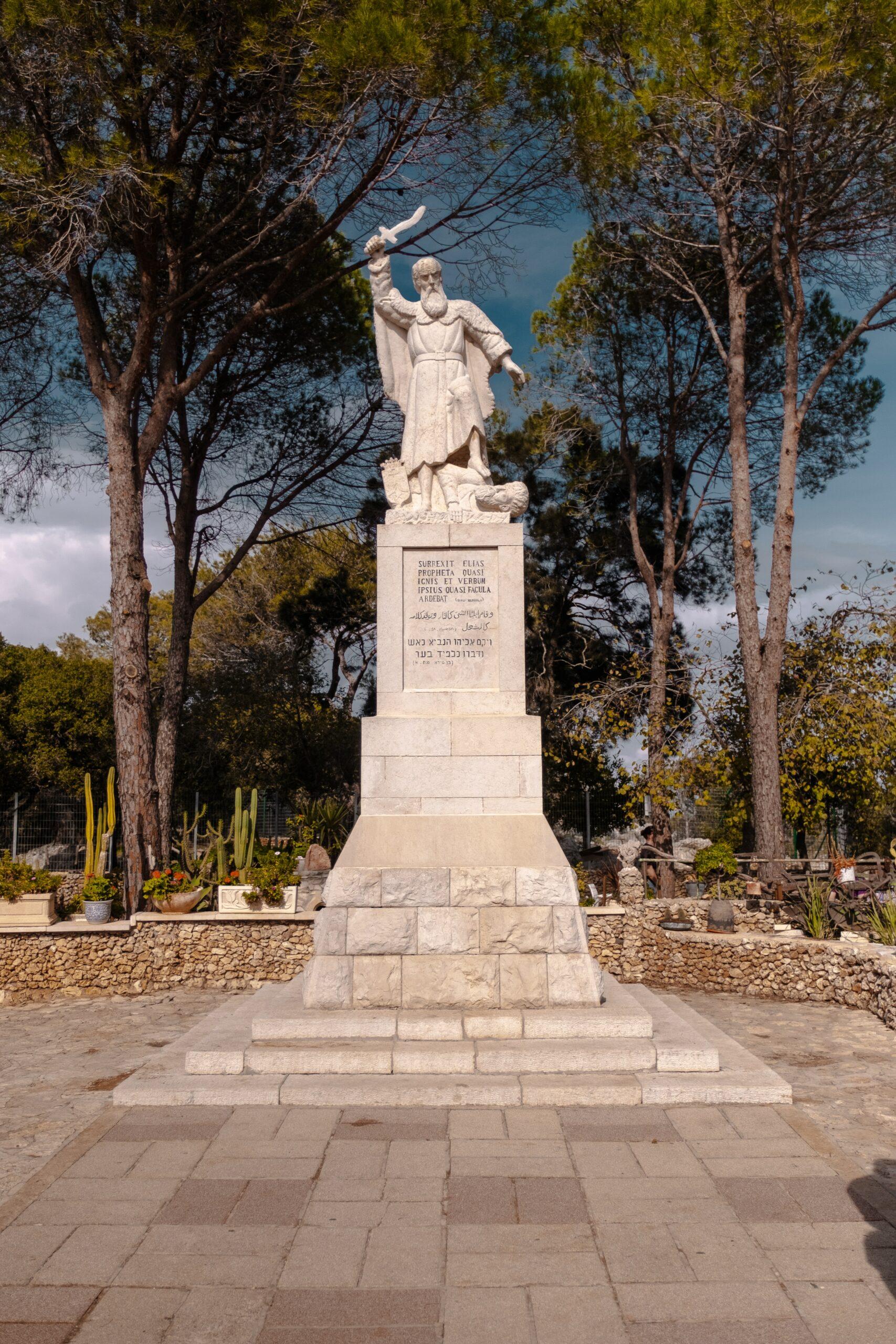While every era of salvation history has its own unique focus and expression of prayer, none of the other epochs compare with the prayerful spirit of the prophets.
In the time of the prophets, wholescale renewal was at work. The prophets were men and women of prayer and intercession. They defended the majesty of God and summoned his people back to a faithful living of his covenant. The prophets were protectors of the poor and advocates for the weak. This spiritual impulse was nourished and sustained by deep prayer.
Among the many examples of prayer in the Old Testament, therefore, we must naturally look to the prophets with both docility and spiritual curiosity.
In the summary of men and women of prayer, the Catechism of the Catholic Church rightly includes the prophetic witness.
The prophets were shock jocks. They rattled the cages of the hearts of God’s people. They used peculiar sign-acts to get people’s attention and re-teach them what they thought they already knew. The Temple was the heart of God’s people. But when ritual has no heart behind it, it’s emptied of its meaning and richness.
The Catechism explains: “For the People of God, the Temple was to be the place of their education in prayer: pilgrimages, feasts and sacrifices, the evening offering, the incense, and the bread of the Presence (“shewbread”) – all these signs of the holiness and glory of God Most High and Most Near were appeals to and ways of prayer. But ritualism often encouraged an excessively external worship. The people needed education in faith and conversion of heart; this was the mission of the prophets, both before and after the Exile.”
The Catechism cuts right to the heart of the matter. The observances and liturgies of the Temple need the continual conversion of heart if the work of God is to be done among his people. This fundamental spiritual truth is as true and pressing today in the New Covenant as it was in the days of Solomon’s Temple.
In the Old Testament, it was the prophets who were raised up by God to bring restoration and renewal to his people. It was the uncomfortable message of the prophets that ritual needs our hearts and that ritual alone is not sufficient.
Among the many prophets of the Old Testament, from Samuel to Abigail, Huldah to Jeremiah, Isaiah to Malachi, all defer to the spirit and power of Elijah. He was beloved by God. His life was filled with signs and wonders. He is the chief of all prophets and it was the spirit of Elijah that John the Baptist received in order to announce the long-awaited Messiah.
The Catechism explains: “Elijah is the ‘father’ of the prophets, ;the generation of those who seek him, who seek the face of the God of Jacob.” Elijah’s name, ‘The Lord is my God,’ foretells the people’s cry in response to his prayer on Mount Carmel. St. James refers to Elijah in order to encourage us to pray: ‘The prayer of the righteous is powerful and effective.’”
Hailed as the “Fire of God,” Elijah was esteemed by God’s people and feared by their enemies. He was incomparable and his miracles, healings, and signs showed his closeness to God. But all of the signs and wonders of the great prophet were born from his personal and vital relationship with God. Such a life was nurtured by the prophet’s open and candid prayer before God. Elijah spoke to God from his heart. He said what he felt and experienced. There was no false devotion, no empty words, no lip service. The prophet simply bore a vulnerable heart before God and such a gift is never ignored by the Almighty.
The prophet’s heart was on fire with love for God. Elijah desperately wanted God to love him, accompany him, protect him, and reveal his goodness to him. He was a man whose heart sought the heart of God.
In these ways, Elijah is a reflection to us of the heart of the Lord Jesus. The Lord fulfilled the prophetic vocation. He is the Prophet and so much more. By baptism, we have become prophets in Jesus Christ. As such, we are summoned to take on the spirit of Elijah, to seek the heart of God, and to grow in our lives of prayer so as to deepen in our own relationship with him.















